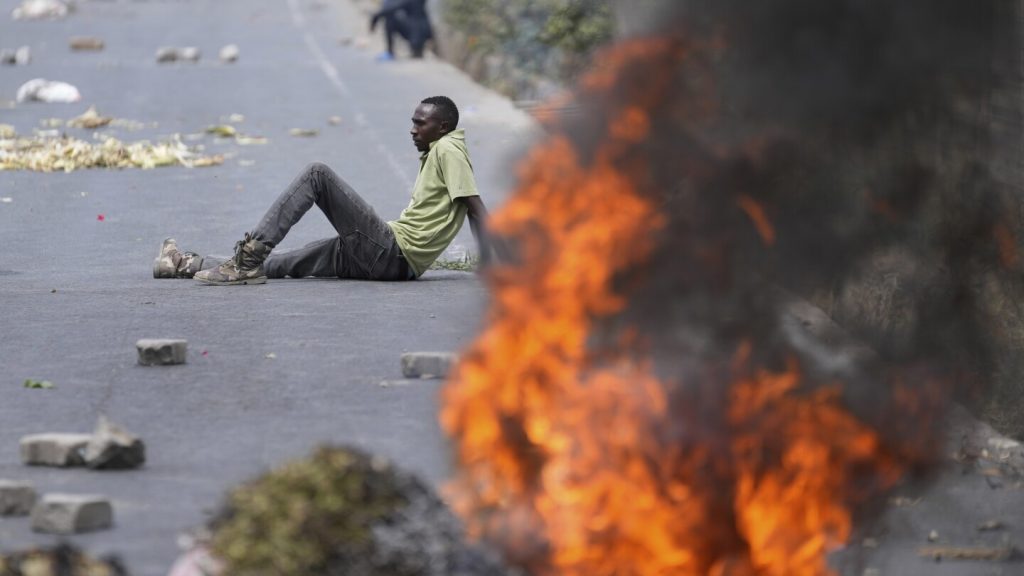The new finance minister of Kenya has announced that some of the proposed taxes that led to deadly protests earlier this year will be reintroduced through a tax amendment bill. This decision comes as the country struggles to find revenue to pay off debts to lenders such as the World Bank, International Monetary Fund, and China. The announcement has drawn criticism from Kenyans who were already angry over the rising cost of living, leading to demonstrations that resulted in over 50 deaths since mid-June.
The tax amendment bill will include measures such as a tax on goods considered not environmentally friendly, which critics fear will increase the cost of essential items like sanitary towels and diapers. Despite earlier assurances from the minister that there were no plans to increase taxes, the opposition and protest movement have vowed to continue demonstrations across Kenya. An opposition lawmaker has criticized the minister for his “double speak” and labeled the decision to reintroduce certain tax proposals as a “mistake.”
Kenya’s president had initially defended the new taxes and warned of consequences after withdrawing the previous finance bill. The IMF, which supports an economic reform program in Kenya, had suggested some of the controversial tax changes. The IMF expressed confidence in finding a balanced path forward after the finance bill was withdrawn. Despite calls for his resignation, President William Ruto has refused to step down, further fueling tensions in the country.
The protests in Kenya have been fueled by anger over the rising cost of living and the government’s handling of the economy. Demonstrators have accused the police of brutality during the protests, leading to further resentment towards the authorities. The youth-led protest movement remains steadfast in their demands for economic reforms and accountability from the government, with calls for more transparency and addressing the concerns of ordinary citizens.
As Kenya grapples with economic challenges and debt obligations to international lenders, the reintroduction of certain tax proposals has reignited tensions in the country. The decision to proceed with these tax changes despite public opposition and protests underscores the difficult balancing act the government faces in generating revenue while addressing the concerns of its citizens. The situation remains fluid as demonstrations continue, and the government must navigate a path that ensures economic stability without further alienating the public.


